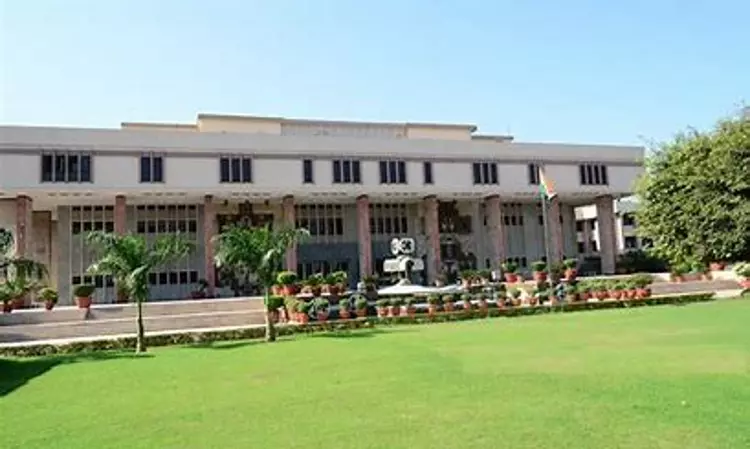Continuation Of Proceedings On Ceased Entity Is Not Curable U/s 292B: Delhi High Court
Pankaj Bajpai
27 Sept 2024 6:33 PM IST

Next Story
27 Sept 2024 6:33 PM IST
While following the decision of Apex Court in Principal Commissioner of Income Tax, New Delhi vs Maruti Suzuki (India) Limited [(2020) 18 SCC 331], the Delhi High Court held that the initiation or continuation of assessment or reassessment proceedings after a company cease to exist due to merger pursuant to a Scheme of Arrangement, is not sustainable, and cannot be cured by applying...
